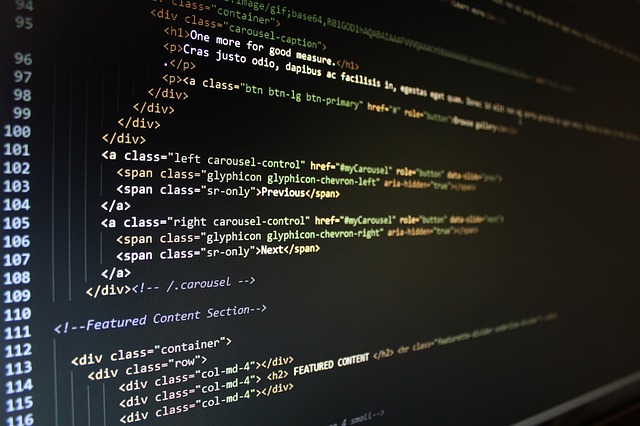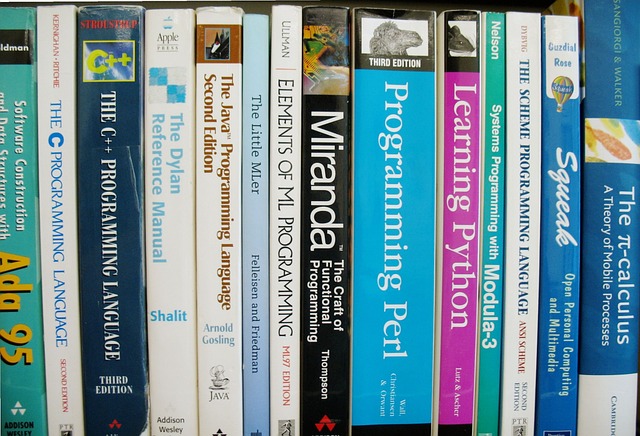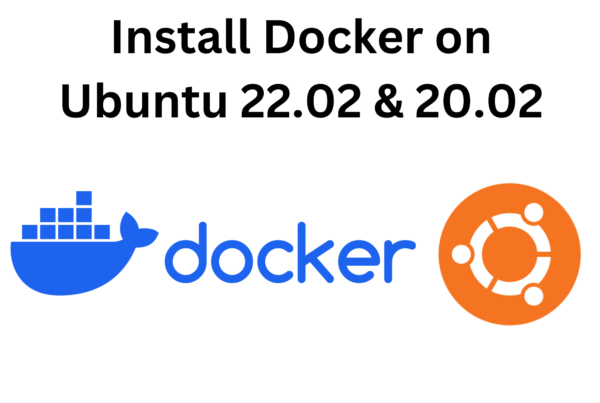In today’s tech-driven world, coding has become a fundamental skill that opens up a myriad of opportunities. Whether you dream of building your own website, creating a mobile app, or simply want to understand the language of computers, learning to code is a valuable and empowering endeavor. This guide is designed to provide absolute beginners with the guidance they need to embark on their coding journey.

Getting Started
Choose a Programming Language
The first step is to choose a programming language. For beginners, languages like Python or JavaScript are excellent choices. They are known for their readability and versatility, making them ideal for those new to coding.
Set Up Your Development Environment
Once you’ve chosen a language, set up your development environment. This includes installing a code editor (e.g., Visual Studio Code) and the necessary tools for your chosen language. Many programming languages have official websites with step-by-step guides for setting up your environment.
Understand Basic Concepts
Before you start writing code, familiarize yourself with some basic concepts:
- Variables: Containers for storing data.
- Loops: Structures for repeating code.
- Conditional Statements: If-else constructs for decision-making.
- Functions: Blocks of reusable code.
Building Blocks of Coding
Online Learning Platforms
There are numerous online platforms offering interactive coding courses. Websites like Codecademy, Coursera, and freeCodeCamp provide structured lessons, hands-on exercises, and a supportive community.
Practice, Practice, Practice
Coding is a skill that improves with practice. Challenge yourself with coding exercises and small projects. Platforms like HackerRank and LeetCode offer coding challenges that gradually increase in complexity.
Collaborate and Seek Help
Join coding communities, both online and offline. Websites like Stack Overflow are excellent for getting help when you’re stuck. Don’t be afraid to ask questions; the coding community is generally welcoming and supportive.
Real-Life Applications of Coding
Understanding the practical applications of coding can be motivating. Here are a few examples:
Web Development
Coding is the backbone of the internet. Web developers use languages like HTML, CSS, and JavaScript to create websites and web applications.
Mobile App Development
If you’ve ever thought about creating the next big mobile app, coding is the key. Languages like Swift (for iOS) and Java or Kotlin (for Android) are essential for mobile app development.
Data Science
In a data-driven world, coding is crucial for analyzing and interpreting data. Python, with libraries like Pandas and NumPy, is widely used in data science.

Automation
Coding allows you to automate repetitive tasks. For example, you can write scripts to organize files, update spreadsheets, or even control smart devices.
Conclusion
Learning to code is a rewarding journey that opens doors to creativity and problem-solving. Remember, every coder started as a beginner. Embrace challenges, celebrate small victories, and enjoy the process. Happy coding!








